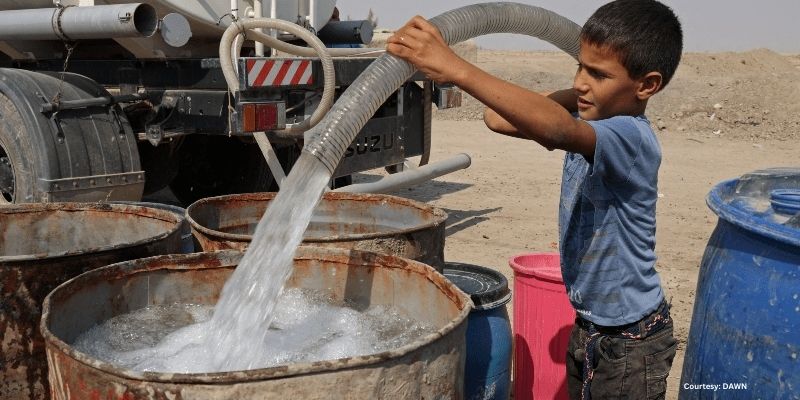Islamabad – Pakistan – A new World Bank report has revealed that nearly 90% of people worldwide are affected by at least one critical environmental stressor, including degraded land, polluted air, or water scarcity, underscoring the urgent need for global action.
According to the study, environmental degradation has reached alarming levels, with low-income countries facing the most severe consequences. In these regions, approximately 80% of the population is exposed to all three stressors simultaneously. Experts warn that this widespread exposure not only threatens human health but also undermines economic stability and exacerbates poverty.
The report emphasizes that environmental challenges are deeply interconnected with social and economic systems. Polluted air and contaminated water contribute to higher rates of disease, while degraded land limits agricultural productivity, threatening food security for millions. Without decisive interventions, these issues are expected to intensify, putting further strain on vulnerable communities.
To combat the crisis, the World Bank advocates for sustainable development practices, including efficient management of natural resources, investment in clean technologies, and restoration of degraded ecosystems. The report calls on governments, private sectors, and international organizations to collaborate and implement long-term strategies that prioritize both environmental protection and economic resilience.
The findings serve as a stark reminder that environmental stress is no longer a localized problem but a global challenge that demands immediate and coordinated responses. Policymakers are urged to integrate climate and environmental considerations into national planning and to adopt measures that can safeguard the planet for future generations.
This story has been reported by PakTribune. All rights reserved.



